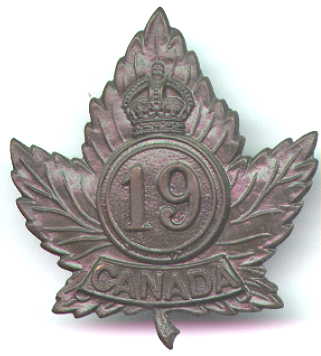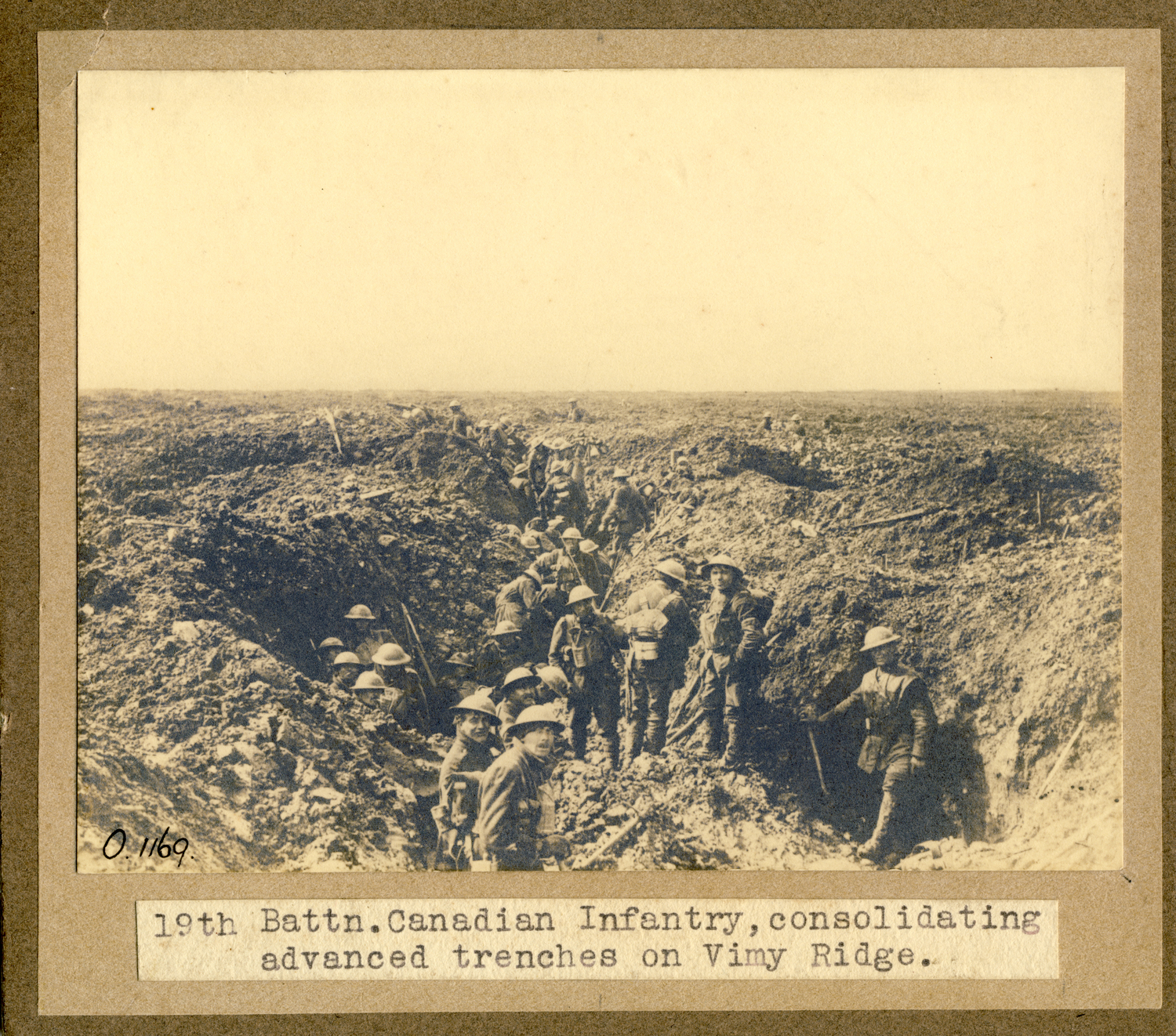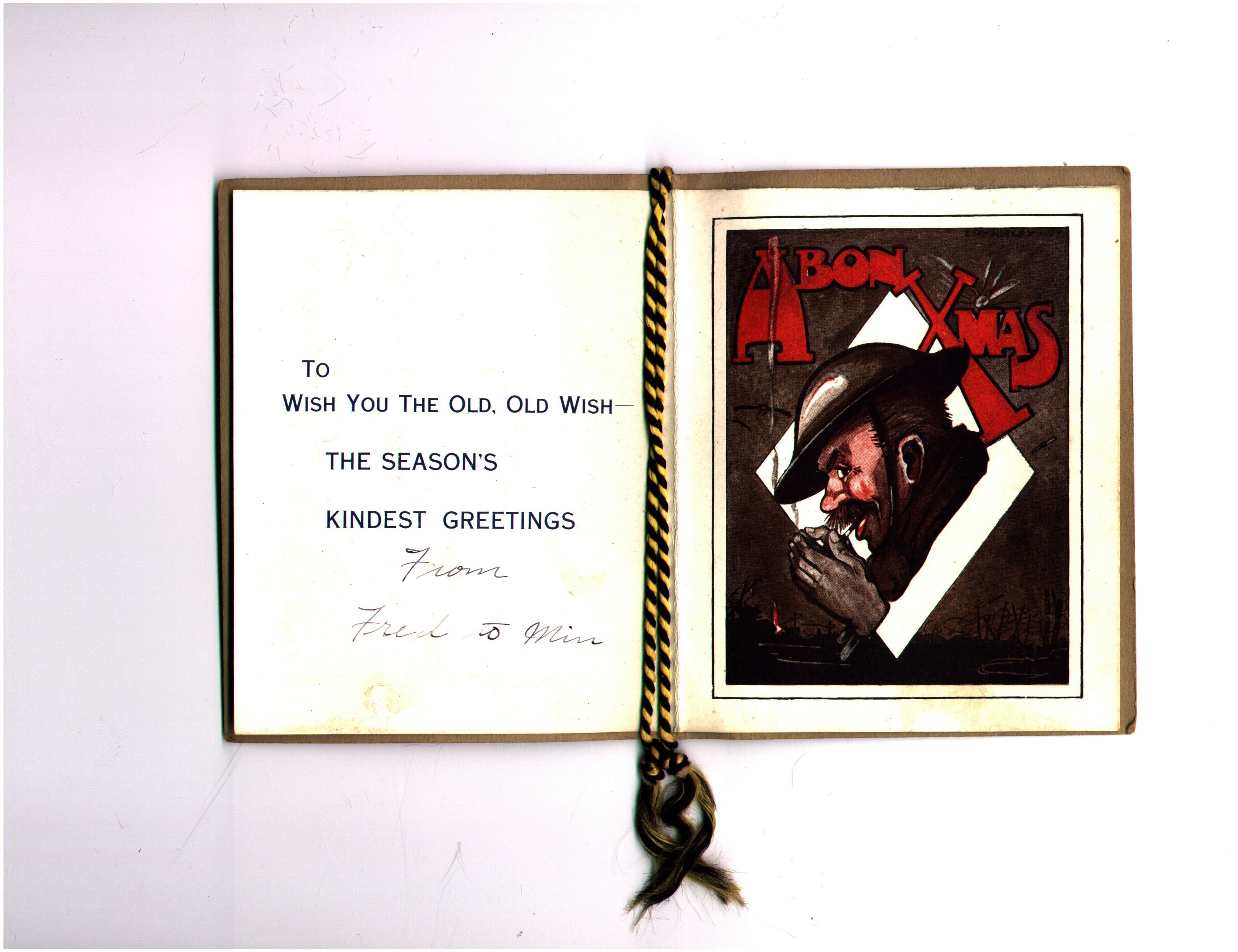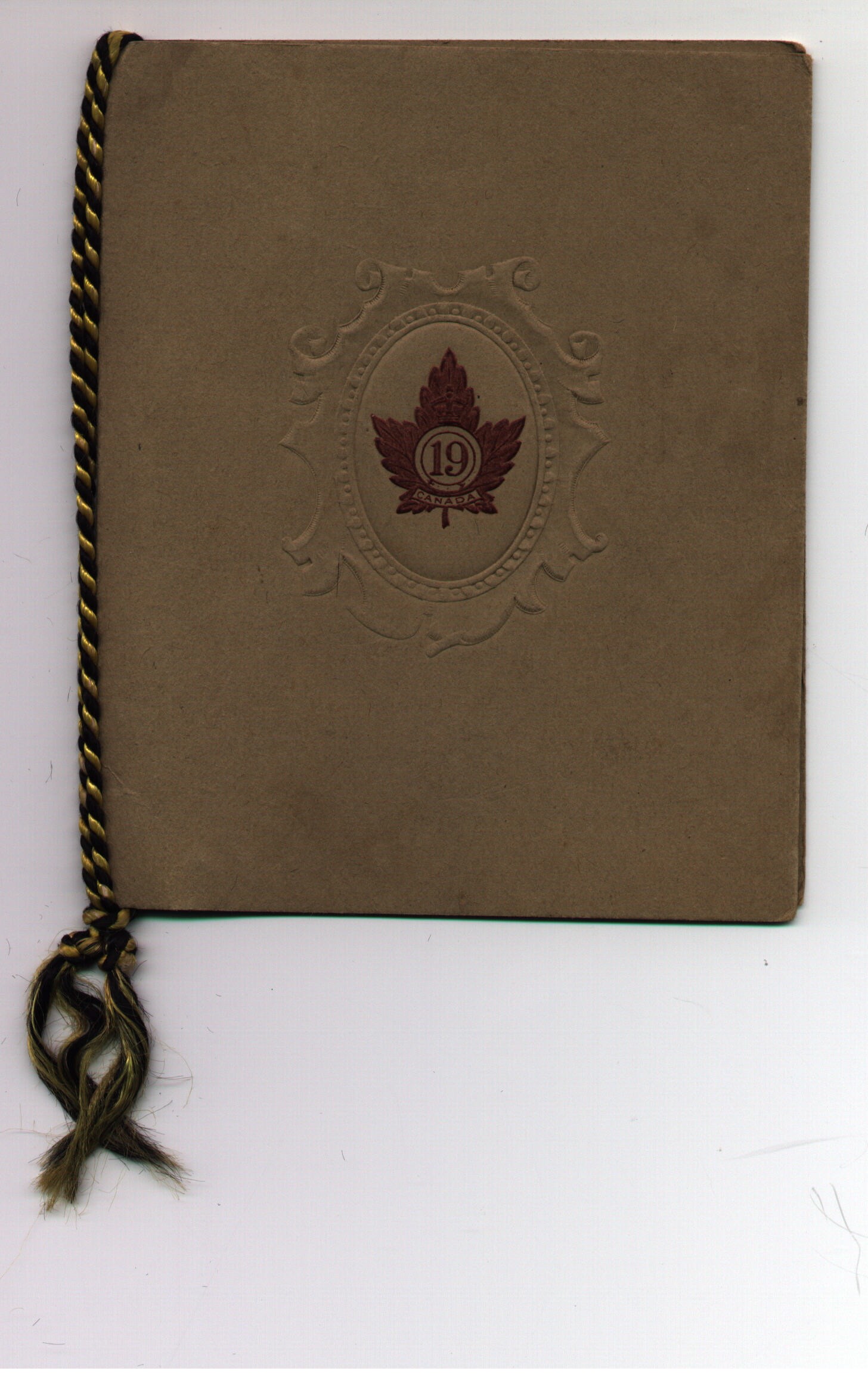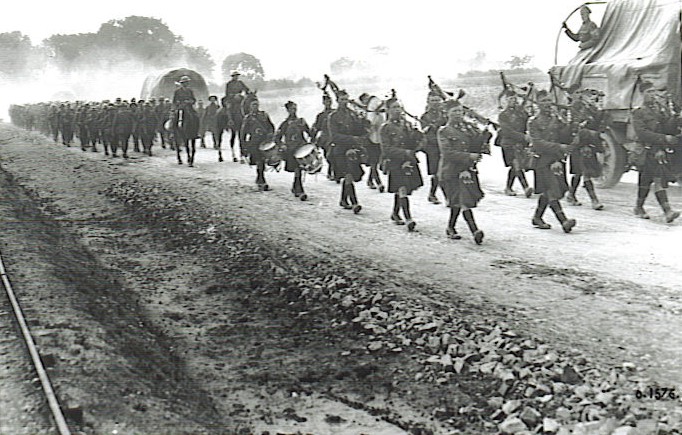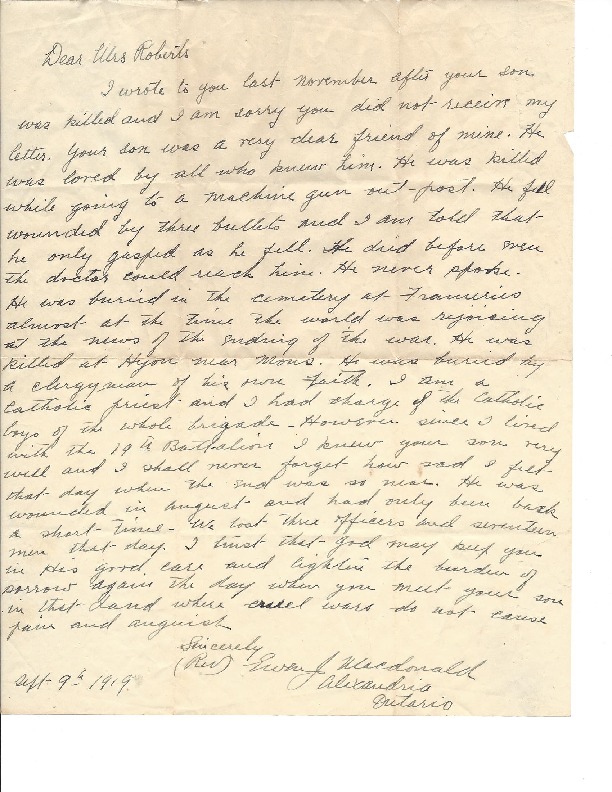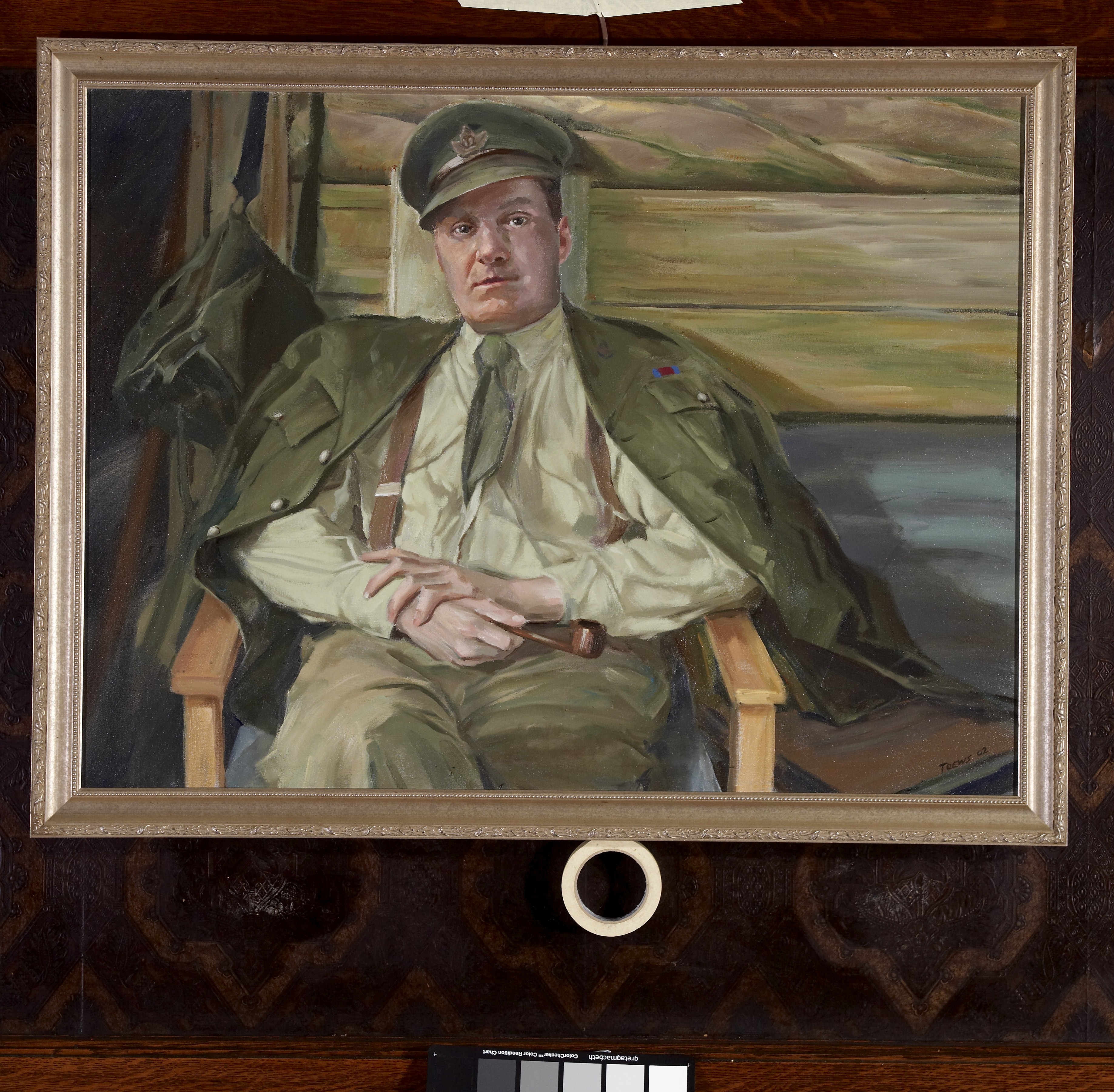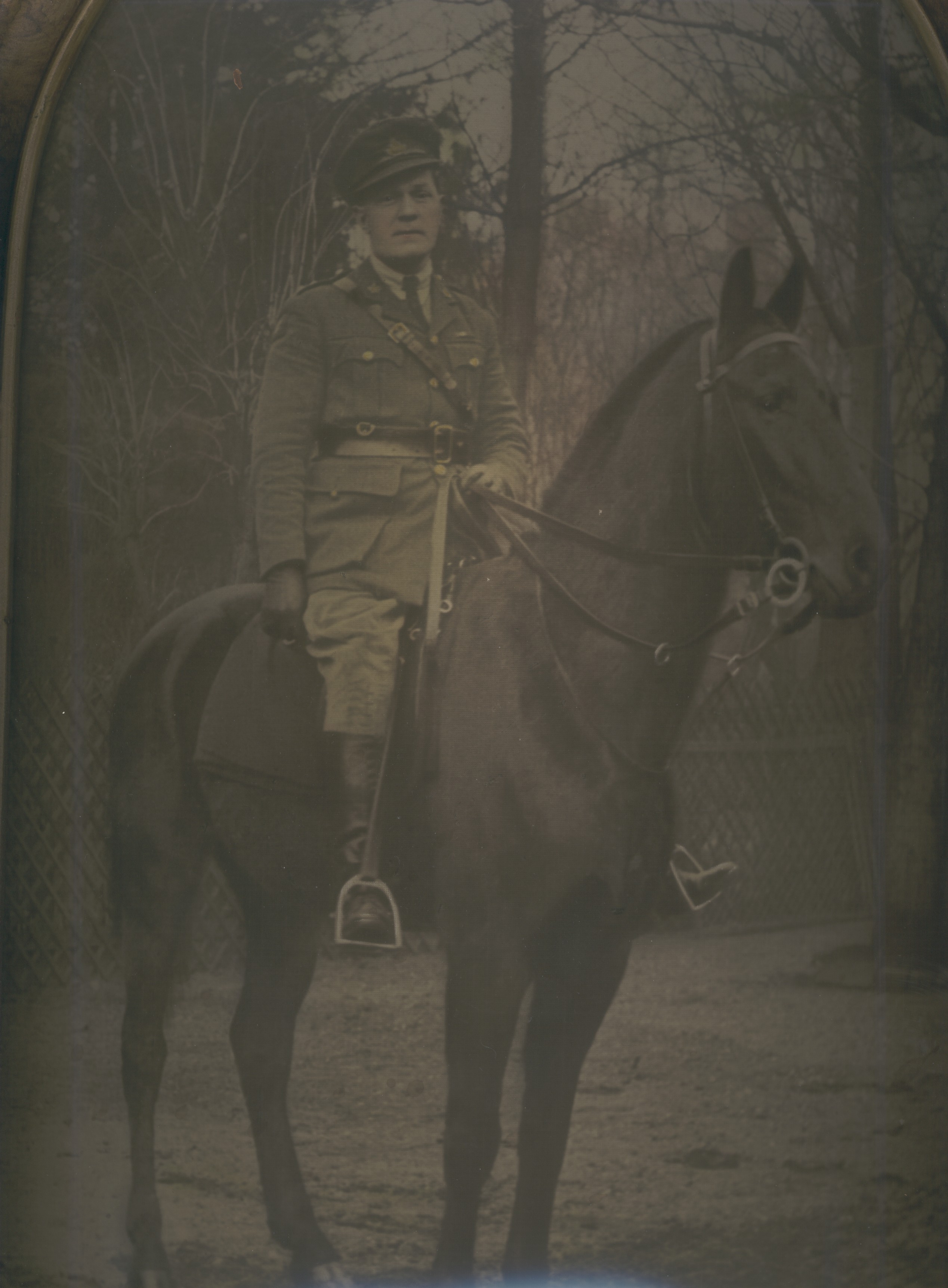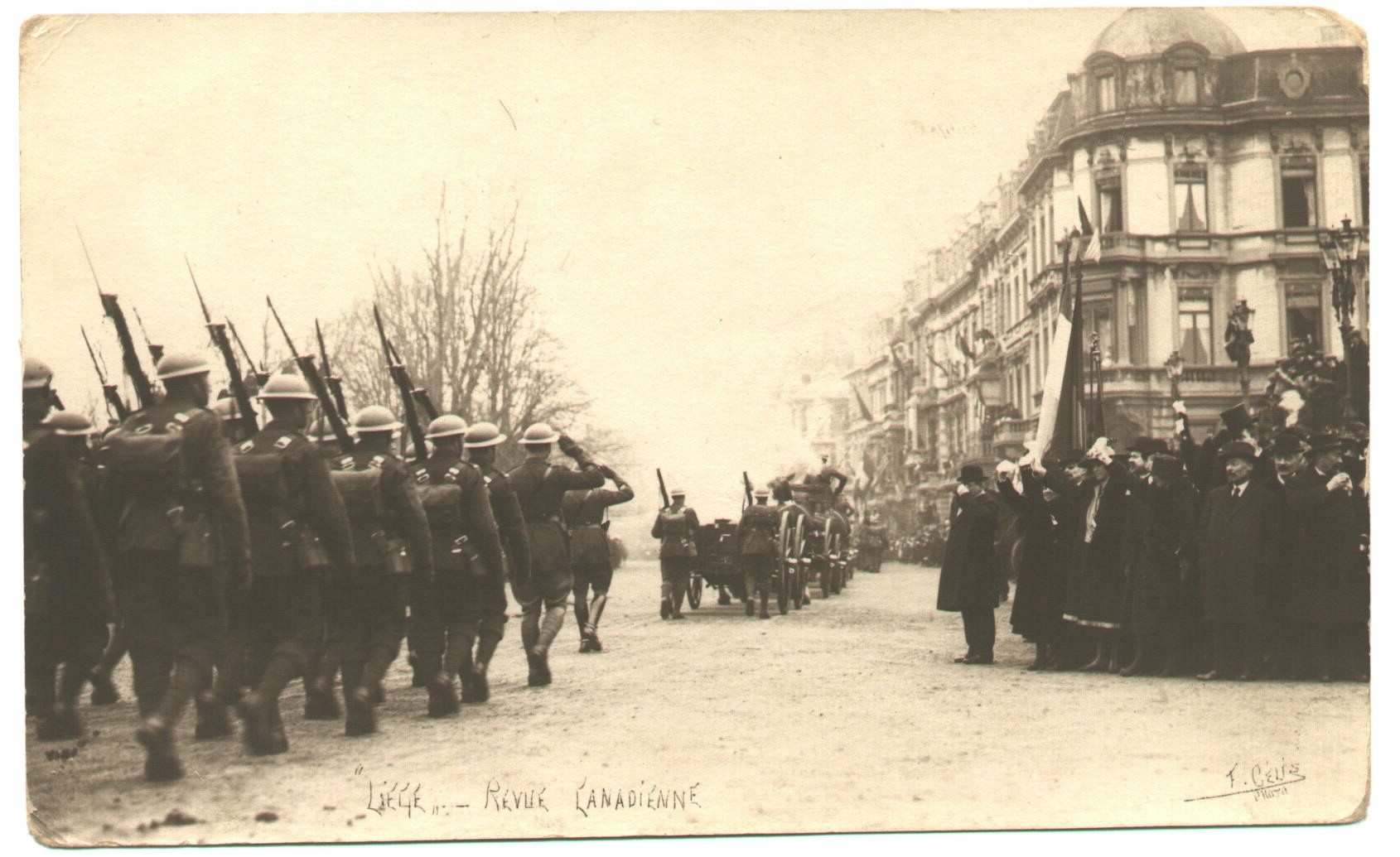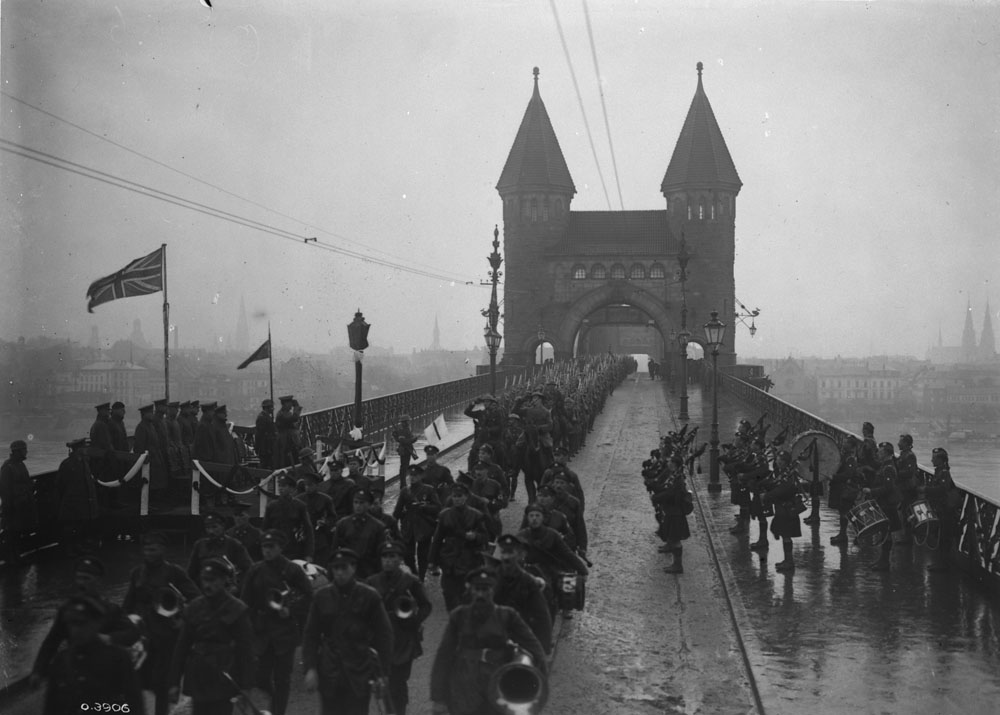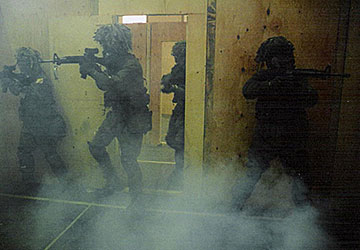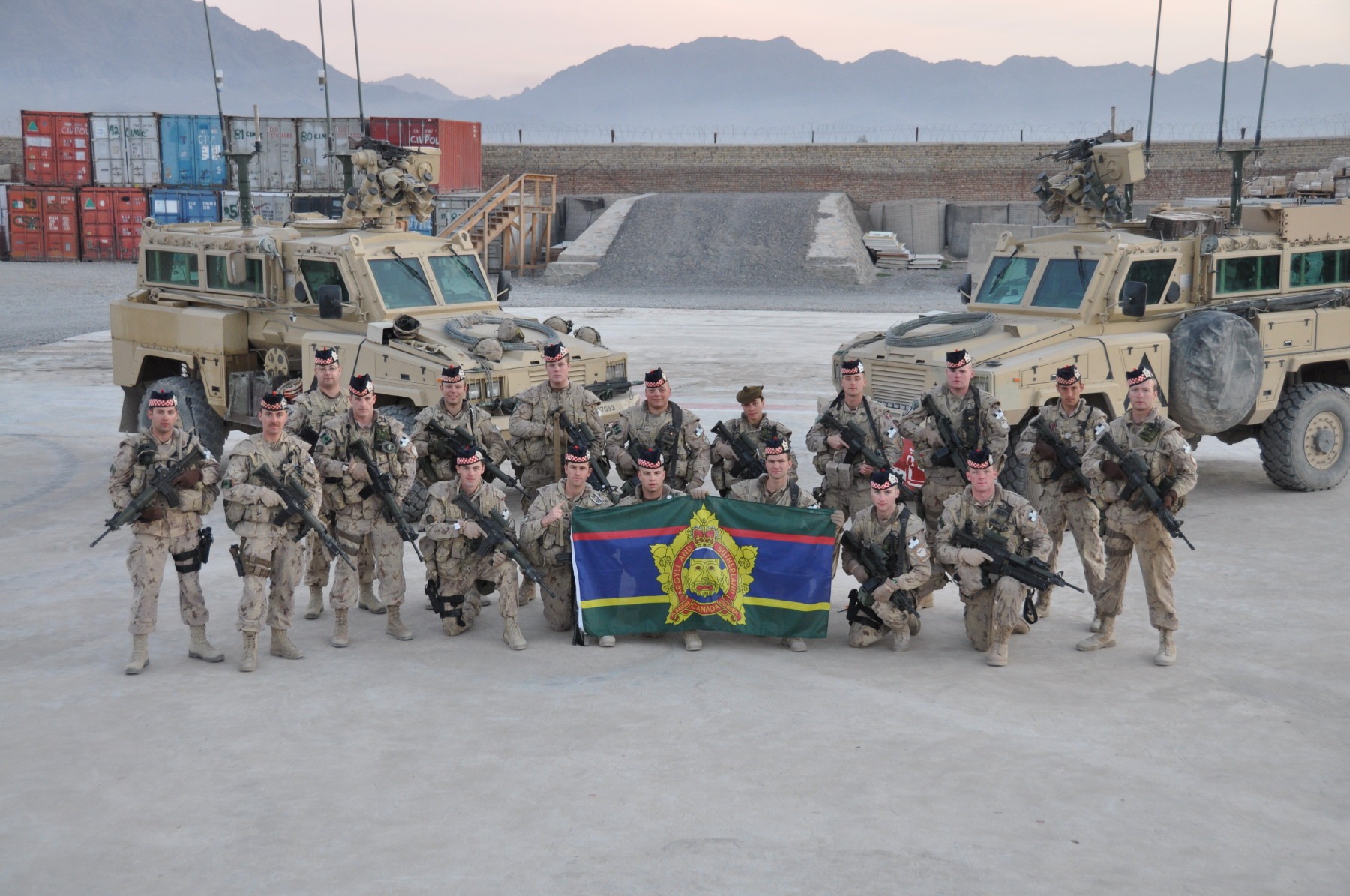Argylls in WWI
During the First World War (1914-19), the Regiment acted as a recruiting depot, providing 145 officers and 5,207 other ranks for service in the numbered battalions of the Canadian Expeditionary Force, especially the 16th, 19th, and 173rd Highlanders. The latter was broken up for reinforcements, much to the chagrin of its men. Although the Argylls perpetuate both the 19th and the 73rd, it is the former which provides the Regiment its most intimate connection with the Great War. The 91st gave the 19th all four of its commanding officers, a rifle company, its Pipes and Drums, and its pipe-major, Charles Dunbar, DCM, a pipe-major of international renown.
As part of the 4th Infantry Brigade, 2nd Division, the 19th went from the mud and misery of Salisbury Plain, England, to the mud and blood of Flanders. The Battalion saw its first action at St Eloi in April 1916 and went on to distinguish itself on the Somme, and at Courcelette, Vimy Ridge, Hill 70, Passchendaele, Drocourt-Quéant, and during the pursuit to Mons, to name but a few battles. In December 1918, its Pipe Band played a victorious Canadian Corps across the Rhine River and into Germany.
The war was over but the journey home took months; the 19th returned to Canada on 22 May 1919 and was demobilized in Toronto, Ontario, three days later. They were home again and paraded on the 25th; Private Ed Youngman described it as “a beautiful sight.” Of the 5,122 who served, 3,076 were casualties, including 737 killed. “I can only say that War is an awful thing and the hardships are great,” Private Deward Barnes later wrote, “and there is something wrong if a man has seen as much of it as I have and wishes to see another …” Private V.E. Thompson thought the war “was simply a matter of being lucky enough to come through alive and being able to endure the strain of the life.” Corporal J.R. Gaetz wrote of the “friendship of the genuine sort built up” and the acute awareness “that will be much appreciated afterward and never forgotten.”
The new history of the 19th by Dr David Campbell will be published in October 2017. All told, the 19th and the various machine-gun companies and 3rd Machine-Gun Battalion lost 1,374 soldiers.
